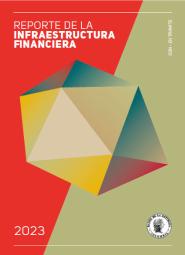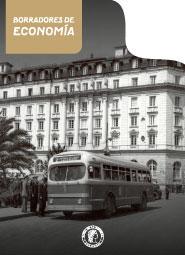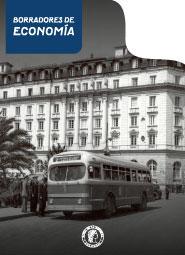Downward Wage Rigidities and Other Firms Responses to an Economic Slowdown: Evidence from a Survey of Colombian Firms
La serie Borradores de Economía es una publicación de la Subgerencia de Estudios Económicos del Banco de la República. Los trabajos son de carácter provisional, las opiniones y posibles errores son responsabilidad exclusiva del autor y sus contenidos no comprometen al Banco de la República ni a su Junta Directiva.
This paper uses a wage setting survey of 1,305 Colombian firms to explore the nature and sources of wage rigidities. This is the first study of a non-European emerging economy that uses evidence from a survey of firms to analyse this topic. The survey was carried out during the first half of 2009, when the Colombian economy was showing signs of a slowdown in economic activity and increasing unemployment. The sample is fully representative of the population under study. The results provide evidence of nominal and real downward wage rigidities in the country. The most important factor in not reducing base wages during an economic slowdown is to avoid the loss of more experienced and productive workers, which is related to the efficiency wage theory in its adverse selection version. In addition, ordered logit regressions were used to determine what factors are related to wage rigidities. The findings indicate that, in general, permanent contracts, workforce composition, labour intensity and the presence of collective agreements play an important role in explaining wage rigidities in the country.
The points of view expressed in the document are those of the authors and do not represent those of the Banco de la República or the Board of Directors. The authors are the only ones responsible for any error in the document.




















































